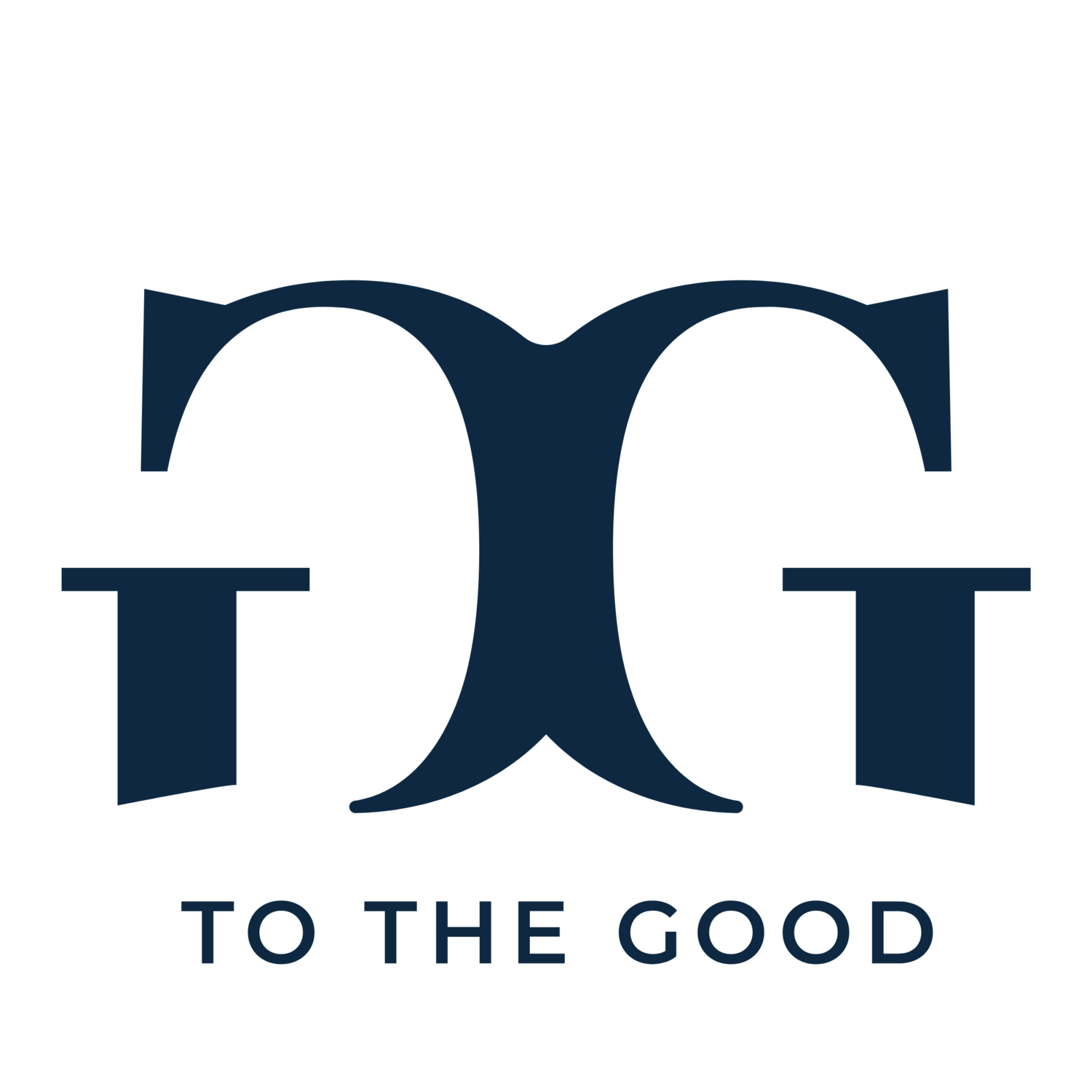GOOD NEWS: Return on Relationships
“Show me an organization that places fostering mutually beneficial relationships above all else, and I’ll show you a sustainable organization worth asking for support, working with, and making a financial investment.”
Return on Relationships and
the Great Reshuffling
Over the course of a 36-hour snow storm at home this winter, I watched the author of 5 New York Times bestsellers Dan Pink's Masterclass on sales and persuasion, Adam Grant’s interview of Pink for his new book The Power of Regret, and Pink's one time webinar “The 10 Best Things I've Ever Learned.”
Key Takeaway
A key takeaway for funders and nonprofit leadership is the concept of centering our mindsets on building relationships rather than conducting transactions. Like Pink, my most successful clients understand that it is better to speak a language and walk a walk prioritizing a return on relationships, “ROR,” rather than a return on investments, “ROI,” that often comes at the expense of building healthy relationships.
Especially, but not only in the nonprofit world, successful clients model the belief that it is always better to focus on treating people well - even when they don't have to - and as partners seeking everyone’s long term benefit rather than exploiting people for short-term, bottom line benefits. These organizations are among the most productive and truly diverse teams.
I like the phrase, “return on relationship” because it captures the essence of what the best nonprofits, for profits, even cultures, and individuals seek.
Rather than gaze solely at short-term balance sheets, the best organizations value and invest in their relationships because they understand what is beneficial for the long-term bottom line. Human investments manifest themselves in hiring and enrollment practices, fundraising agendas, communications pieces, grant application processes and awards, data requests and interpretation, executive and median salary compensation ratios, and boardroom composition and practices in hundreds of subtle and not so subtle ways.
The Great Reshuffling
One need only look at the effects stemming from the constant turnover in the labor force for examples of transactional thinking coming at the cost of stability and gain. Although some attribute such change to needed unemployment benefits, The Great Reshuffling generally isn’t happening where people are treated as partners who receive fair compensation, manageable job descriptions, and respect. Rather, an exodus is happening at places where leadership has asked for too much and returned too little in ways of disproportionate compensation schemes, unsustainable working conditions, and inherently unequal power dynamics. The principle of ROR applies to funders’ relationships with grantees and nonprofit relationships among trustees, executive leadership, staff, community partners, and other stakeholders. My clients who are succeeding level relationships, honor individual roles with flexible routines, and provide fair compensation with opportunities to grow. They avoid propagating empty slogans, performative rituals, and overreliance on people's inherent trust and goodwill.
Show me an organization that places fostering mutually beneficial relationships above all else, and I’ll show you a sustainable organization worth asking for support, working with, and making a financial investment.
Please check out the links below for more on relationship building examples and ideas.
Stuff Steve Is Watching, Listening To, and Reading
Dan Pink's Masterclass on Sales and Persuasion (2 minute view)
"We're all persuading all the time. Sales and persuasion is part of our lives. It's like the weather. No matter what you do, you are in sales. Persuasion is not some kind of magical thing we do to manipulate people. It's not about tricking people. It's actually more beautiful than that. Whether you are an entrepreneur trying to raise money, whether you are an employee trying to convince your boss, whether you are a parent trying to persuade your kid, I'm going to show you how to do that. This approach is built on science and how our brains work."
https://www.youtube.com/watch?v=My7hjBp4wH0
The New England Patriots Keep Losing (21 minute listen)
"The way they closed 2021 in the final five games and the way they are 21-22 since Halloween 2019, I'm concerned about who is teaching these players and how much institutional knowledge might leave this offseason too."
https://www.nbcsports.com/boston/podcast/patriotstalk
Trust-Based Philanthropy (2 minute read)
"Both long-time and new philanthropists have shown genuine interest, humility, and openness to directly engage with and learn from our community partners. This often happens when philanthropists acknowledge that they do not—and simply cannot—have all the answers when it comes to social change. This desire for collaboration naturally leads to the centering of community voices and local expertise that is vital for philanthropy to be successful."
https://www.trustbasedphilanthropy.org/blog-1/2-9-22-three-learnings-about-tbp-in-age-of-mistrust


